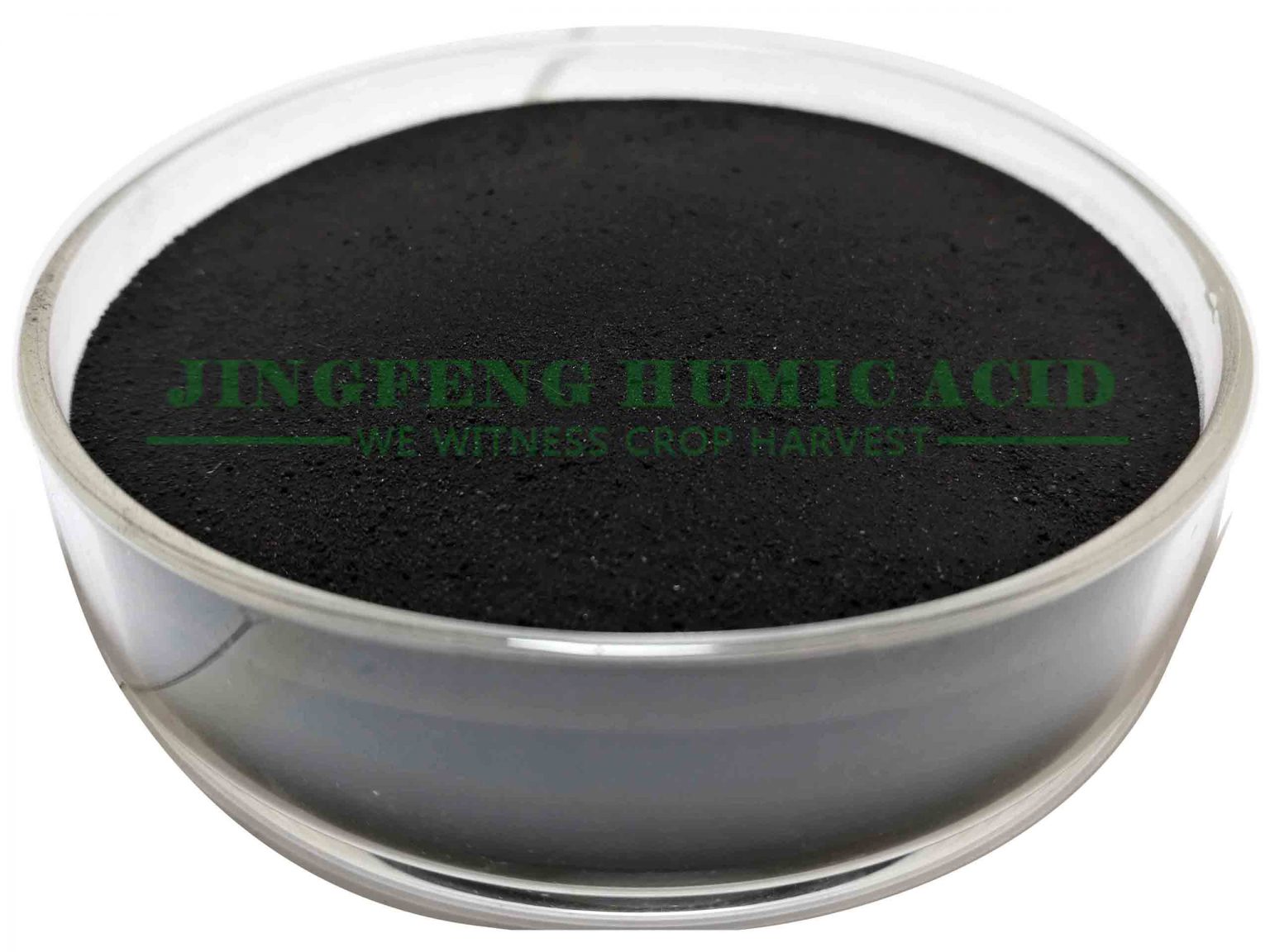What exactly is humic acid?
Although many individuals have already heard of humic acid, they do not have much idea regarding its benefits. It is a sort of plant biostimulant, also referred to as a bioenhancer or plant conditioner. Instead of providing nutrients directly, they help to increase the quality of the plants plus yield indirectly. Moreover, they are not known to harm any pathogens or pests. Humic acid is also known as humate soil conditioner whose benefits we will mention in this article.
Chemical benefits
Chelation is considered to be a procedure where nutrients are bounded and held by large organic molecules. Incidentally, humic acid is a fantastic chelator of soil nutrients and minerals. These nutrients consist of iron, copper, manganese, aluminum, and zinc. Chelation helps to prevent the pollution of the nutrients and will also stop the nutrients from leaking out of the soil. Besides this, the process of chelation will likewise minimize the toxicity of the soil by holding and absorbing detrimental metals.
Enhanced uptake of nutrients
It is possible to shift more nutrients present in the soil to available forms from unavailable forms by adding humic soil conditioner to the soil. This implies that plants will be able to use these nutrients in a better manner. There is an improvement in plant development due to enhanced uptake of nutrients. As a result, it will be feasible for the growers to save money as well as time since they do not need to apply many nutrients.
Physical advantages
It has found by studies that humic acid is accountable for increasing soil aggregation which can result in enhanced drainage and aeration. Besides this, humic acid will also enhance the soil’s content of organic matter which increases its capacity for holding nutrients and water. Humic acid is likewise essential for sandy soils since it helps to improve their structure. This improvement of soil structure results in the development of roots that grow deeper and wider into the soil. In this way, it is possible for the roots to absorb water and nutrients in a better way. This can save you money since you need not apply much nutrients and water to the soil.
Biological advantages
One cannot deny that humic acid provides several biological advantages to plants. According to one particular study, it was found that humic acid is accountable for increasing the amount of urease and other plant enzymes. This enables the plants to perform vital procedures such as the regulation of hormones, cell division, production of energy, and so forth. Besides this, humic acid is also responsible for benefiting soil microorganisms. In turn, these microbes are extremely beneficial for plants. Apart from safeguarding plants from various ailments and pests, these microbes likewise help to enhance the availability of nutrients.
Using humic acid properly
It is important for you to know how to use a humic soil conditioner properly before observing any improvement in the development of plants. Although this process might appear to be complicated, it is not a fact. It is possible for growers to apply humic acid fertilizers in various ways. Moreover, you will find these products on the market in powder and liquid forms.
